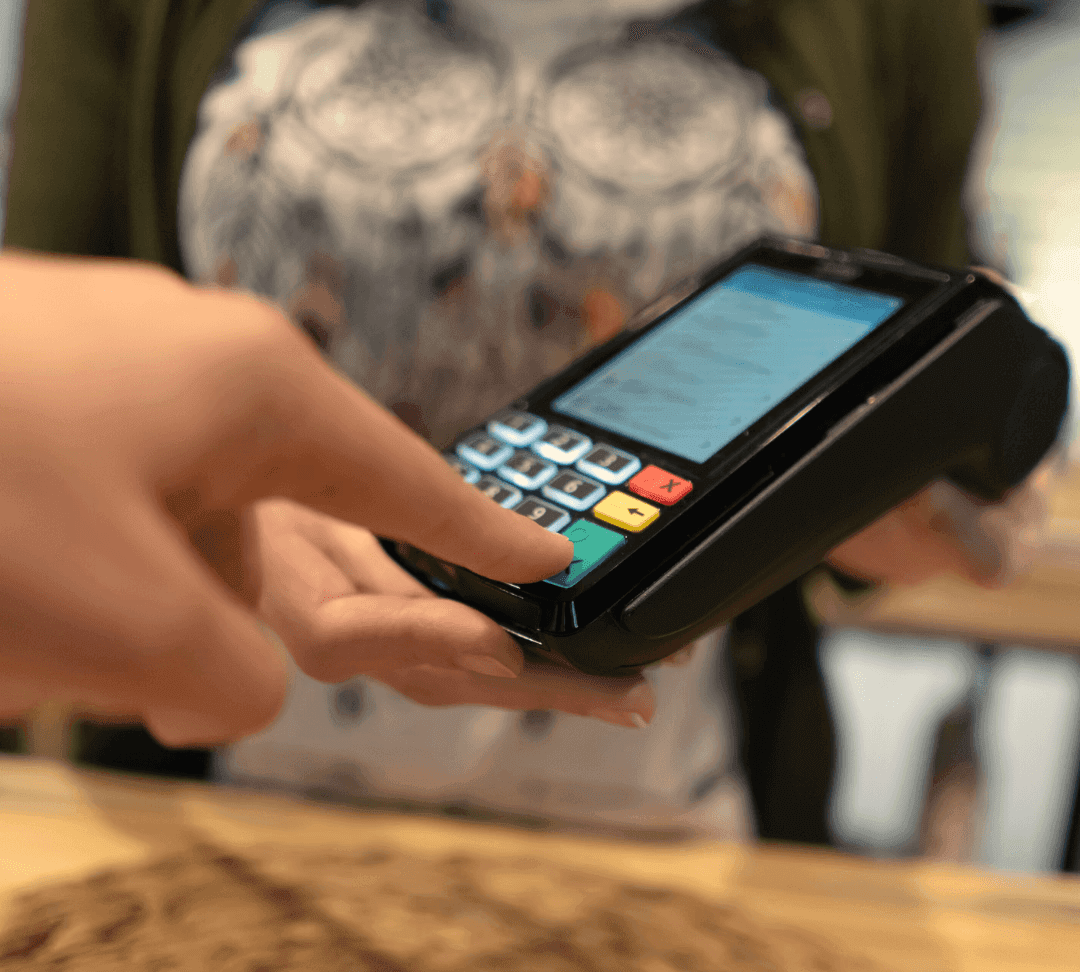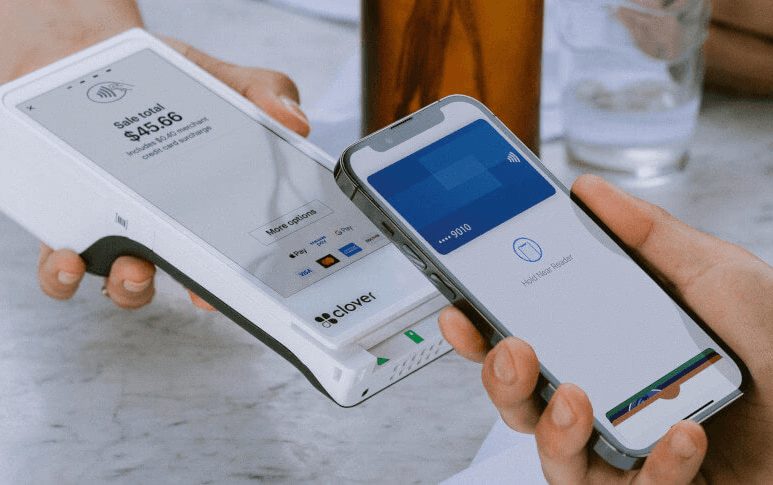PIN Debit: How It Works and Its Benefits
May 24, 2024
5 Minutes

Understanding PIN Debit: How It Works and Its Benefits
PIN debit transactions are important to understand and are relevant for certain scenarios. Let's review what PIN debit is, how it functions, the benefits, and why some merchants to accept this payment method.
What is PIN Debit?
PIN debit, short for Personal Identification Number debit, is a type of electronic payment transaction where customers use their debit card and enter a unique PIN to complete a purchase. Unlike signature debit transactions (often referred to as running a debit card "as credit"), PIN debit transactions are routed through specific debit networks rather than credit card networks.
How PIN Debit Works
When a customer chooses to pay with PIN debit, the process unfolds as follows:
The customer inserts their debit card into the payment terminal.
They select "debit" as the payment method.
The customer enters their personal identification number (PIN).
The transaction is routed through a PIN debit network (e.g., Interlink, PULSE, Maestro, Star).
The network authorizes the transaction and immediately deducts funds from the customer's linked checking account.
PIN debit transactions are often called "online" transactions because they require electronic authorization and a real-time balance check to ensure sufficient funds.
The Benefits of Accepting PIN Debit
There are several benefits and reasons merchants choose accept PIN debit transactions:
Enhanced Security: PIN debit transactions are generally more secure than signature-based transactions. The requirement of a PIN adds an extra layer of protection against fraud.
Faster Settlement: PIN debit transactions typically settle more quickly than signature debit or credit card transactions. This means merchants can access their funds sooner.
Lower Chargeback Risk: Due to the immediate fund transfer and enhanced security, PIN debit transactions have a lower risk of chargebacks compared to other payment methods.
Cost-Effective for Larger Transactions: For businesses with larger average transaction sizes, PIN debit can be more cost-effective than signature debit. PIN debit usually has lower percentage-based fees but higher transaction-based fees.
Customer Preference: Many customers prefer using PIN debit for its perceived security and direct connection to their bank account. Offering this option can improve customer satisfaction.
Compliance with Government Programs: For businesses that accept EBT (Electronic Benefit Transfer) payments, including SNAP (Supplemental Nutrition Assistance Program) and TANF (Temporary Assistance for Needy Families), PIN debit capability is essential, as these programs require PIN-based transactions.
Considerations for Merchants
While PIN debit offers many advantages, merchants should be aware of a few considerations:
Equipment Requirements: Accepting PIN debit requires a PIN pad or a terminal capable of processing these transactions.
Refund Limitations: PIN debit refunds have specific limitations. They can only be processed during the same processing cycle as the original transaction, typically before the daily cutoff (often around 4 PM EST).
Fee Structure: Understanding the fee structure is crucial. PIN debit fees can be complex, involving various networks, each with their own switch fees and annual participation fees.
PULSE, a Discover PIN network has an annual participation fee of $12/year
NYCE, a FIS PIN network has an annual participation fee of $14/year
Star, a Fiserv PIN network has an annual participation fee of $12/year
Accel, a Fiserv PIN network has an annual participation fee of $12/year
Accepting PIN debit can be beneficial for many merchants, offering enhanced security, faster settlements, and potential cost savings for larger transactions. By understanding how PIN debit works and its advantages, merchants can make informed decisions about their payment acceptance strategies and better serve their customers' preferences.
For merchants seeking more information about PIN debit, contact a PayAcre payments specialist for real-time assistance.


